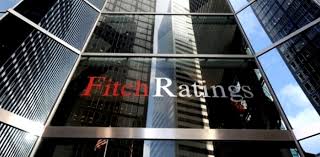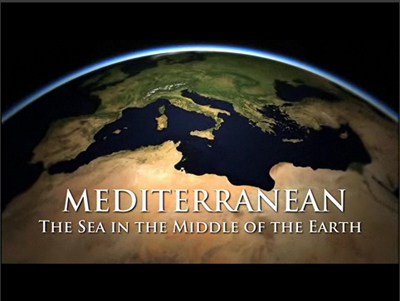 International credit rating agency, Fitch Ratings, highlighted Morocco’s stable and predictable economic policies, which are propitious for attracting investments and improving public finances by boosting growth and narrowing the budget deficit while withering external financial shocks.
International credit rating agency, Fitch Ratings, highlighted Morocco’s stable and predictable economic policies, which are propitious for attracting investments and improving public finances by boosting growth and narrowing the budget deficit while withering external financial shocks.
“GDP growth will recover to above 3% in 2017,” Fitch Ratings said in an analysis on its website in which it maintained a BBB investment grade for Morocco, a rating that reflects stable macroeconomic performance and public finance.
“External finances have strengthened since 2012, due to a combination of lower oil prices, rising manufactured exports, and resilient remittance inflows,” the agency underscored.
It deemed that Morocco’s current account deficit would remain exposed to the oil price recovery, noting a moderate widening over the forecast horizon to 2.6% of GDP in 2018 from 2.2% in 2015, as phosphate and manufactured exports gather pace.
The continuation of the flow of foreign direct investments (FDI) will remain steady at around 2.5% of GDP, added Fitch Ratings, while the net external debt is likely to continue declining gradually.
The lift on subsidies will help the government to weather the impact of a rise in oil prices on its finances, said the agency. “We expect the central government to broadly achieve its fiscal deficit target of 3.5% of GDP in 2016 (down from 4.3% in 2015), driven by a recovery in grants from GCC countries and a decline in the subsidy bill.”
Fitch Ratings also underscored the stability of macroeconomic indicators such as inflation which stands at 1.2%, “structurally lower and less volatile than other BBB peers.”
Morocco’s political stability and the continuation as well as predictability of economic policies have been conducive to maintaining macro-economic stability and consolidating public finance, noted the agency, warning however that terrorism poses a danger to macroeconomic performance due to its impact on tourism sector.


